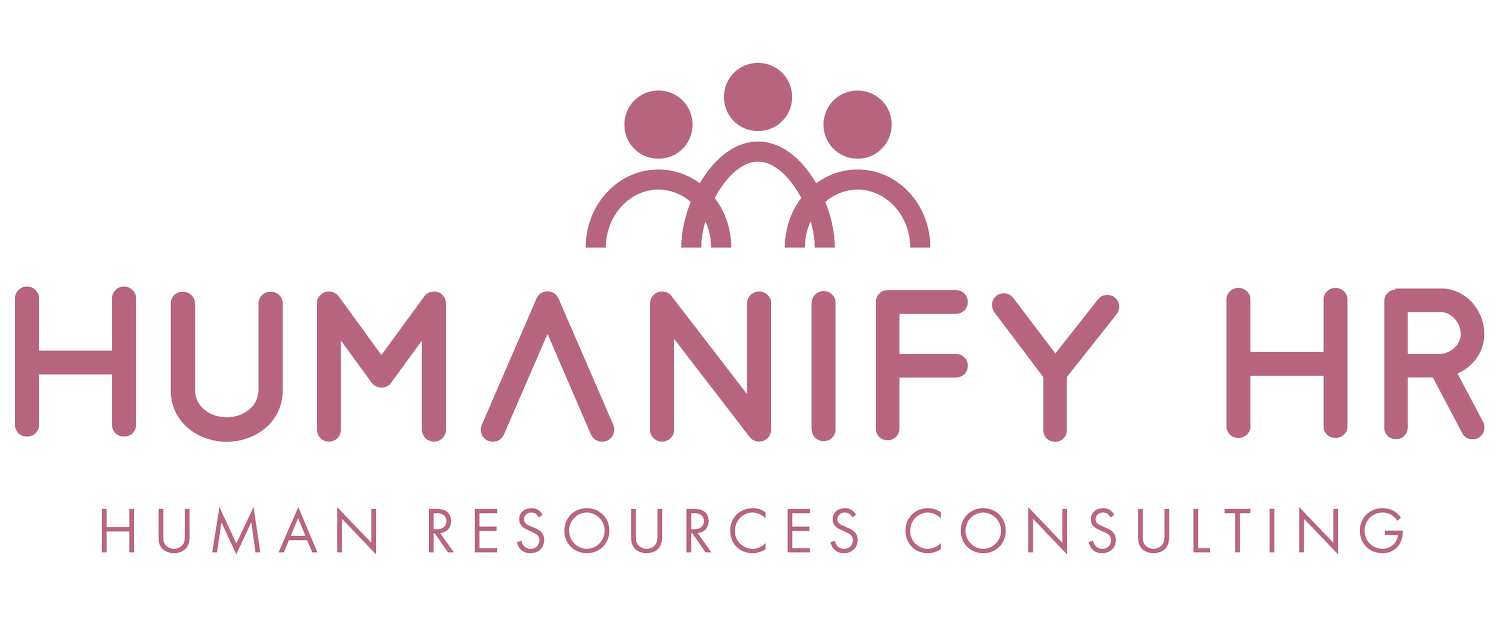Comprehensive Guide to Psychosocial Hazards
A GUIDE: MANAGING PSYCHOSOCIAL HAZARDS (INCLUDING SEXUAL HARASSMENT)
Did you know that conservative estimates suggest that unmanaged psychosocial hazards cost Australian organisations upwards of $10 billion each year? Humanify HR has prepared the following guide to assist you in managing psychosocial hazards including sexual harassment, in accordance with the legislative amendments in the Work, Health and Safety Act 2011, Sex Discrimination Act 1984 and Fair Work (Respect at Work) Amendment Act.
These laws enact a positive duty for organisations to ensure they eliminate or minimise the risk of harm regarding psychosocial hazards within the workplace.
Psychosocial hazards can be challenging to identify and manage well in any organisation. Unlike physical hazards, they are often less visible and may only become evident after harm has been caused to both people and the organisation. The type of psychosocial hazards that present can vary widely between industries, organisations, and roles – meaning there is no one-size-fits-all approach to managing them.
Recent data taken from the Nationals Dataset for Compensation-based statistics (NDS), People and Work (PAW) survey and the National Return to Work (NRTW) survey indicated that of the 10,000 serious mental stress claims in 2021-2022, 52.2% we due to work related harassment or bullying and work pressures. This represents a 36.9% increase in claims since 2017-18.
Is sexual harassment a psychosocial hazard?
Workplace sexual harassment is defined as a psychosocial hazard. Under the Sex Discrimination Act 1984 and the Fair Work Act (Respect at Work) Amendment Act, organisations and businesses now have a positive duty to eliminate, as far as possible, the following unlawful behaviour from occurring:
discrimination on the grounds of sex in a work context;
sexual harassment in connection with work;
sex-based harassment in connection with work;
conduct creating a workplace environment that is hostile on the grounds of sex; and
related acts of victimisation.
The new positive duty was introduced in December 2022. It imposes a legal obligation on organisations and businesses to take proactive and meaningful action to prevent relevant unlawful conduct from occurring in the workplace, or in connection to work.
At Humanify HR, we are on a mission to make work more human and in doing so, create better, safer workplaces. We invite you to download this complementary guide, so you can take preventative action that will help to create safe, respectful and inclusive workplaces.
As an approved supplier on SON4173659 – Senior Executive Service (SES) 360-degree Feedback, we understand the challenges faced by APS agencies when it comes to managing psychosocial hazards. We provide in-house workshops for Boards, SES Leaders, HR Teams, and work groups at all levels on how to identify and manage psychosocial hazards more effectively. Contact our team today to find out how we can assist you at hello@humanifyhr.com.au.
Would you like to access additional HR resources?
You can download complementary resources from Humanify HR and become part of our community to ensure you don't miss the latest insights in Australian HR.
-

Preparing for Enterprise Bargaining
-

Workplace Relations Calendar 2023, 2024 & 2025
-

PEACE Framework: 5-steps for Managing Complex HR Matters
-

Work with Humanify HR's Senior Coaching Team
-

Subscribe to the Humanify HR Community
-

Industrial Relations Compliance Checklist


